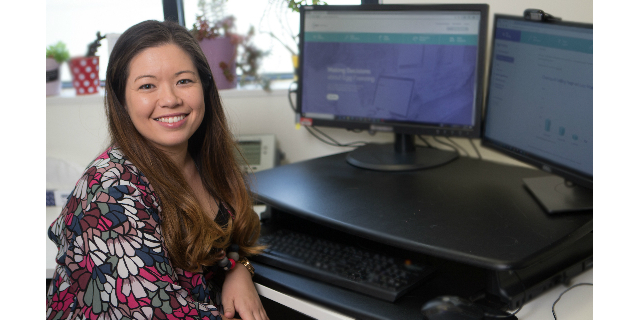Dr Michelle Peate awarded CRE WHiRL Seed Grant
 Congratulations to Dr Michelle Peate from the Department of Obstetrics and Gynaecology, University of Melbourne, who was awarded a Seed Grant from the Centre for Research Excellence in Women’s Health in Reproductive Life (CRE WHiRL).
Congratulations to Dr Michelle Peate from the Department of Obstetrics and Gynaecology, University of Melbourne, who was awarded a Seed Grant from the Centre for Research Excellence in Women’s Health in Reproductive Life (CRE WHiRL).
Dr Peate was awarded the funding for a project titled “Differences in menopausal symptoms, treatment of symptoms, and unmet support needs across the different cancer types.”.
Australia has over 500,000 women cancer survivors and many experience short and long-term symptoms due to treatment which impair day-to-day living. Optimising quality of life and long-term health is a priority for cancer survivors. Cancer and its treatments affect men and women differently, and women are at increased risk of menopausal symptoms, mood and sleep disturbance, sexual dysfunction and fatigue. Menopausal symptoms, particularly hot flushes and night sweats (vasomotor symptoms), are the most common and troublesome symptoms after common cancers. In women with breast cancer, around 75% experience menopausal symptoms of which more than half report that symptoms are moderate or severe. Over a third report that these symptoms affected their ability to “get on with their life”. Very little is known about other cancer types, even though they also receive cancer treatment that can result in an early menopause. There are effective treatments to help manage these symptoms following cancer – depending on severity of symptoms. Thus, understanding the experience of menopause and what patient want and need in terms of treatment of menopausal symptoms is important so that symptom management strategies can be developed and implemented across the different cancer types. This study aims to compare the menopause experience across the difference types of cancer – this will be the first study that will reports on differences in menopausal symptoms across tumour groups using the same outcome measurements. Specifically we will look at prevalence, level of interference on daily activities, impact on quality of life, how symptoms are manages and what women need to improve their experience. With this, we can develop strategies to support symptomatic women across all tumour groups to improve quality of life.